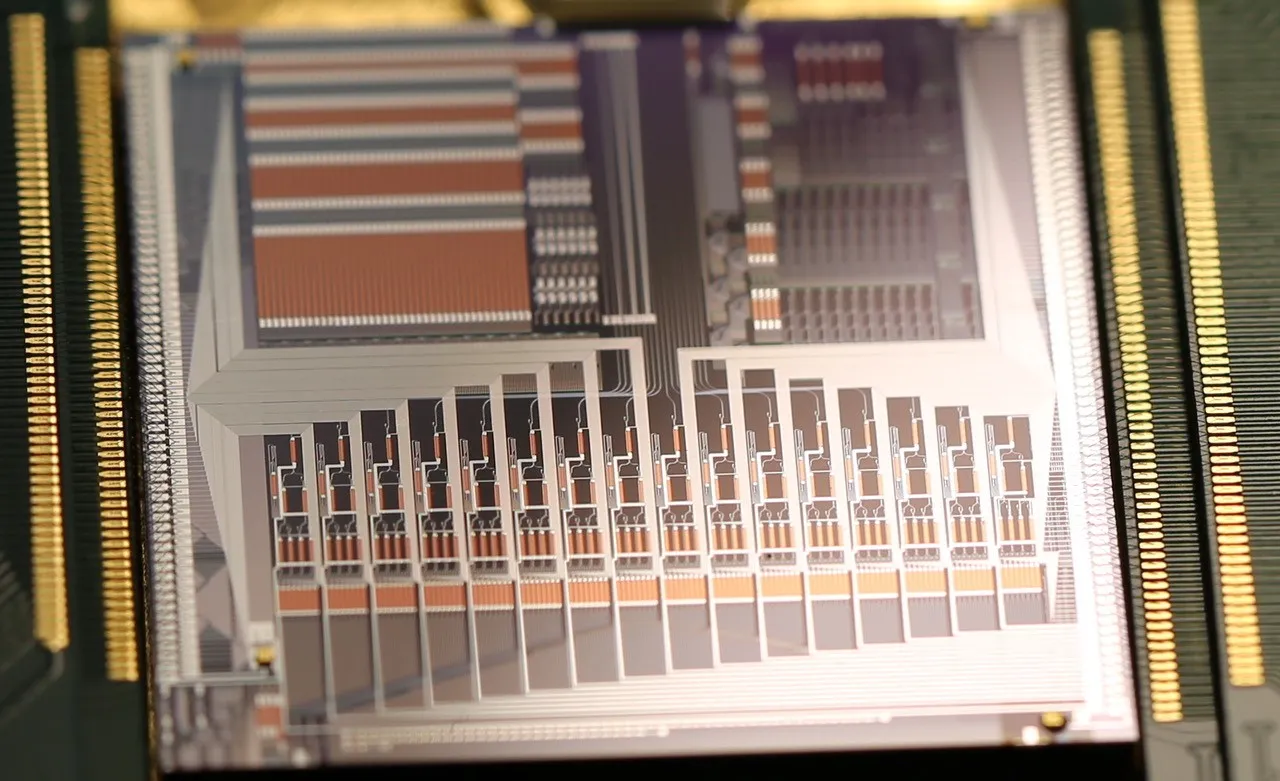
Scantinel Photonics has received €10 million to develop next-generation Lidar solutions for autonomous vehicles.
The German start-up says it uses photonic chips to make Lidar devices cheaper, faster and easier to mass produce, and has got the backing from PhotonDelta, Scania Growth Capital and Zeiss Ventures.
Scantinel will use the funding to roll out its Frequency Modulated Continuous Wave (FMCW) Lidar devices to customers.
It says that, by employing photonic chips using light instead of electrons to transfer information in microchips, the FMCW solution "has the power, affordability and mass production scalability to enable Lidar to have broad application across industry and mobility".
It delivers a detection range beyond 300m with "superior resolution and solid-state scanning". Scantinel says it has signed a number of partnerships with major global automotive, mobility and industrial companies.
In April, PhotonDelta secured €1.1 billion in public and private investment to scale up production, build 200 start-ups, and create new applications for photonic chips.and develop infrastructure and talent.
Scantinel MD Andy Zott says: “We see a great value having PhotonDelta as an additional investor and we are looking forward to maximising the collaborations and benefits from PhotonDelta’s leading integrated photonics ecosystem.”








